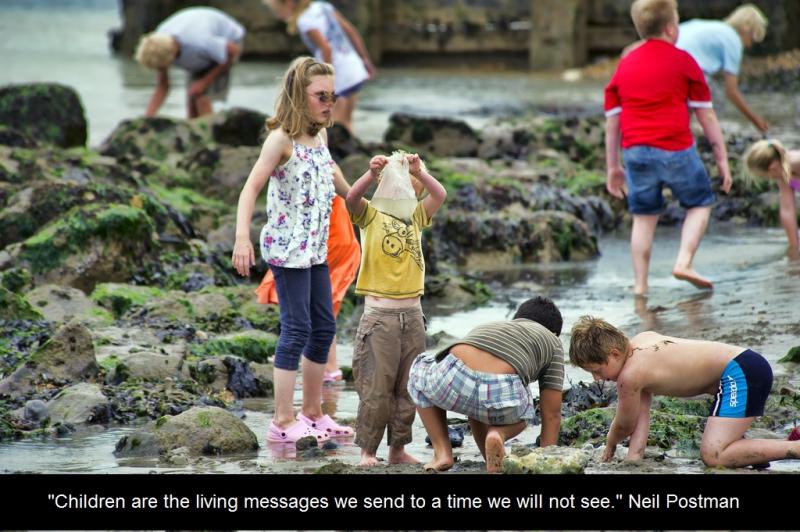
(Image credit: Steve Slater)
I’ve read a lot of articles over the past few years about education is being disrupted. Most of these disruptions are focused on schools as systems (think financial disruption, not pedagogical disruption), not schools as ecosystems. The distinction is important.
I’d like education to be disrupted as well, but I think in some ways that are much different than what many education reformers are pushing.
- I’d like every student to have a teacher, a school, and to feel comfortable to be in that space. For my school’s partner school in Kenya, we’ve put up a wall to add a level of security to their school, but it would be nice if all of the students had access to latrines, clean water, and food. When we can fix this problem everywhere in the world, I’ll consider education disrupted. Note: I’m also in favour of ensuring that the education we provide everywhere is suited to the needs of the local communities the schools support.
- I’d like every student to feel safe to speak their mind in front of their teacher, and to feel safe in their presence. In too many places around the world, corporal punishment is still acceptable, and students are taught obedience over independence. It is possible to know when to follow the rules, and not have to sacrifice the ability to reason independently.
- I’d like Neil Postman and Charles Weingartner’s chapter 12 of this book (at least) to be required reading for every teacher. Teachers (and parents) need to at least be discussing their role in quelling the questions of students.
- We need to recognize that Daniel Pink’s idea of "Autonomy, Mastery, and Purpose" as drivers of human motivation, especially for highly demanding cognitive tasks, does not just apply to adults, it applies to students as well. Unfortunately most schools do not give students opportunities for any of these three guiding principles of human motivation. How often does your school let students completely master a skill before moving onto the next skill? How often do students have choice in when, how, and what they learn? How often is the purpose of school given so base that it does not actually invite students to participate?